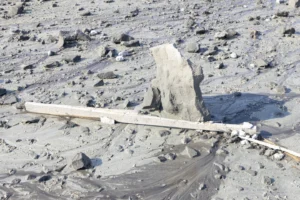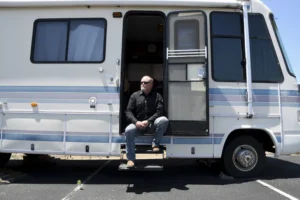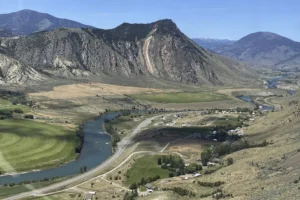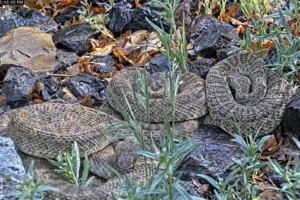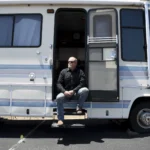Wyoming Wonders: A Jackson Hole Brewery’s Creative Environmental Hacks
- Published In: Other News & Features
- Last Updated: Sep 07, 2022

By Amber Gibson
Special to the Wyoming Truth
Stepping into Roadhouse Brewing Co.‘s Jackson Hole pub and brewery feels like walking into a house party. The refurbished billiards room is standing-room only most days, with a mix of locals and visitors throwing back pints and chowing down Idaho trout tacos, nachos and Jackson cheesesteaks made with thinly shaved elk. Guests watch sports on flatscreen TVs, witness beer being brewed in the 10-barrel system inside the pub or gaze at the Tetons from the second-floor deck.
Roadhouse, which celebrates its10th anniversary this year, is now the second-largest craft brewery in Wyoming behind Melvin Brewing. The company produces over 20 types of beer, from hazy IPAs, golden ales and pilsners to sour ales, sweet potato porter and barrel-aged ales and stouts. There’s always something new to try, including seasonal beer and limited edition collaborations.
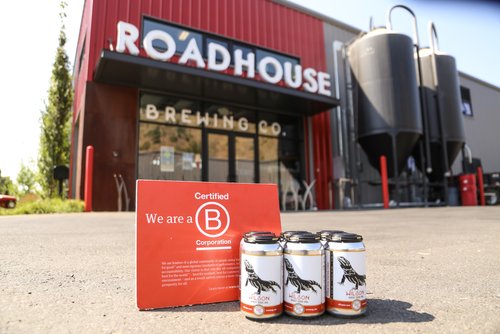
Home brewer Colby Cox and restaurateur Gavin Fine co-founded Roadhouse with the goal of making great beer to pair with equally great food. From the start, the duo have held sustainability dear.
“Our brewery was built to minimize its carbon footprint,” Fine said. “This has served as a guiding force behind countless decisions we’ve made, particularly as we’ve grown, from utilizing solar power in our brewing operations to repurposing spent grains in partnership with local ranches.”
Roadhouse is one of just four Certified B Corps headquartered in Wyoming, a distinction based on careful evaluation of how a business positively impacts its community, customers, environment, governance and workers. What’s more, Roadhouse was recently named a 2022 Best for the World™ B Corp™ for the second year in a row. The “Best for the World” recognition means that Roadhouse ranks in the top 5% of all B Corps in its corresponding size group. Roadhouse, in particular, was recognized for innovative environmental practices, such as multi-use keg sharing programs to overcome nationwide freight challenges, recapturing CO2 to carbonate beer and recapturing steam to recycle as hot water instead of simply releasing it into the atmosphere.
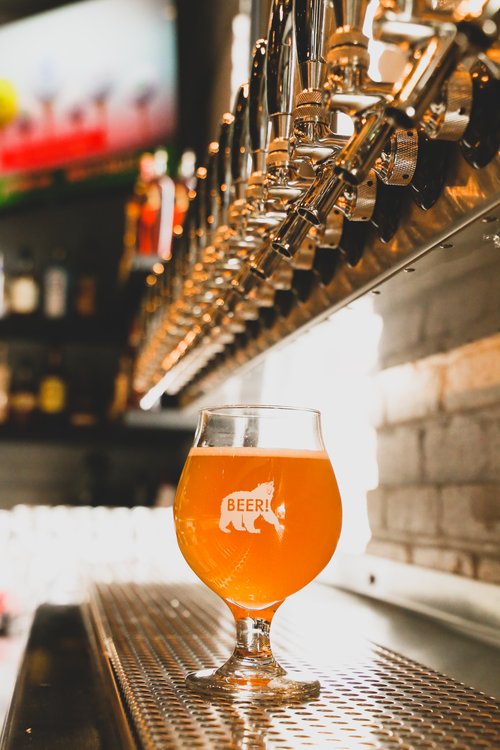
“Our goal in everything we do centers around being good for the environment and good for business,” said Jon Courtois, employee owner, production manager and sustainability coordinator. “These categories have long been seen as mutually exclusive, and at Roadhouse, we aim to change that way of thinking.”
Courtois, 34, began his career as an industrial engineer for Mitsubishi in Orlando, where he built components for natural gas and steam turbine generators used in cities and power plants. From there, Courtois, an avid home brewer, pivoted into professional beer manufacturing. He spent three years with Anheuser-Busch, working as a business process manager for Budweiser in Fort Collins, Colo., before joining Roadhouse as production manager in 2019.
In July 2021, Courtois implemented a system for CO2 recapture in partnership with Earthly Labs, making it the first brewery in Wyoming to implement this technology. Now, Black Tooth Brewing in Sheridan, Wyoming has also implemented the system, with several more Wyoming breweries in the pipeline.
“If we can capture carbon dioxide waste and put it back into our beer instead of the environment, that’s huge,” Courtois said. “And if we’re all doing our little part, we can make a big difference.”
Breweries typically buy CO2 in bulk storage tanks not just to carbonate their beer, but also to move beer between tanks or to kegs. By Courtois’ calculations, the new Earthly Lab CO2 recapture system will pay for itself in three years, and if they end up producing more CO2 than they can effectively use, they can store the liquid CO2 in a separate tank and sell it to other companies, like hydroponic farms.
Another uniquely Wyoming environmental initiative is a louver system that uses Jackson Hole winter air to hold ideal cooler temperatures for seven to nine months.
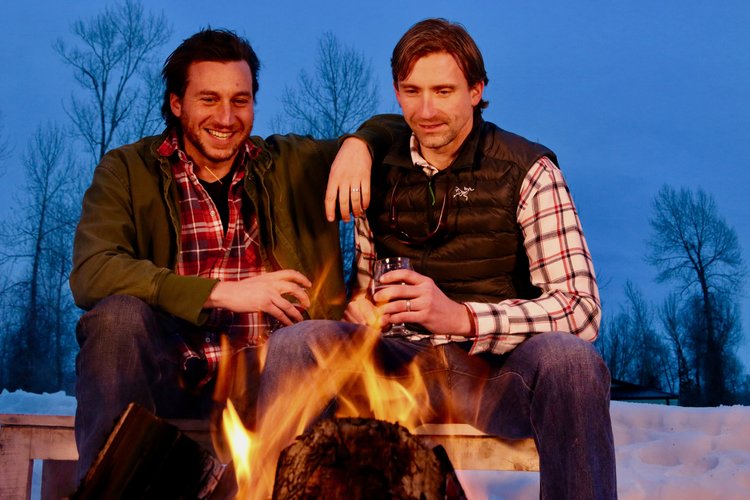
“Typically with a cold storage room, you’re paying to cool that room year round,” Courtois explained. “In Jackson, we have the luxury of having much cooler temps for large portions of the year. So we can reduce our electrical load from our cooling system by bringing in cold air from outside. In winter, we hardly have our AC system in our cold storage running at all.”
Roadhouse is currently building a new warehouse with a much larger cold room a block away from its current location and plans to use the system there.
Roadhouse beer is distributed on and off-premise in Wyoming, Idaho, Colorado, Utah, Montana and California. Last year, Roadhouse produced 10,000 barrels, but by expanding into a new facility with a much larger cold room, Courtois estimates that the brewery could package over 15,000 barrels in 2022.
“We are constantly searching for ways to lighten our footprint, further our commitment, and protect our business operations,” he said. Recently Courtois has been intrigued by French company New World Wind that produces wind turbines that look like trees.
“The leaves of the trees are all mini turbines, and they can generate electricity with wind,” he said. “We have a lot of wind here in Jackson, so this would allow us to harness the wind energy that we see on a constant basis. So I’m looking at different ways that we could get grants to put in wind turbine trees that look really cool and can also generate energy for our warehouse.”

